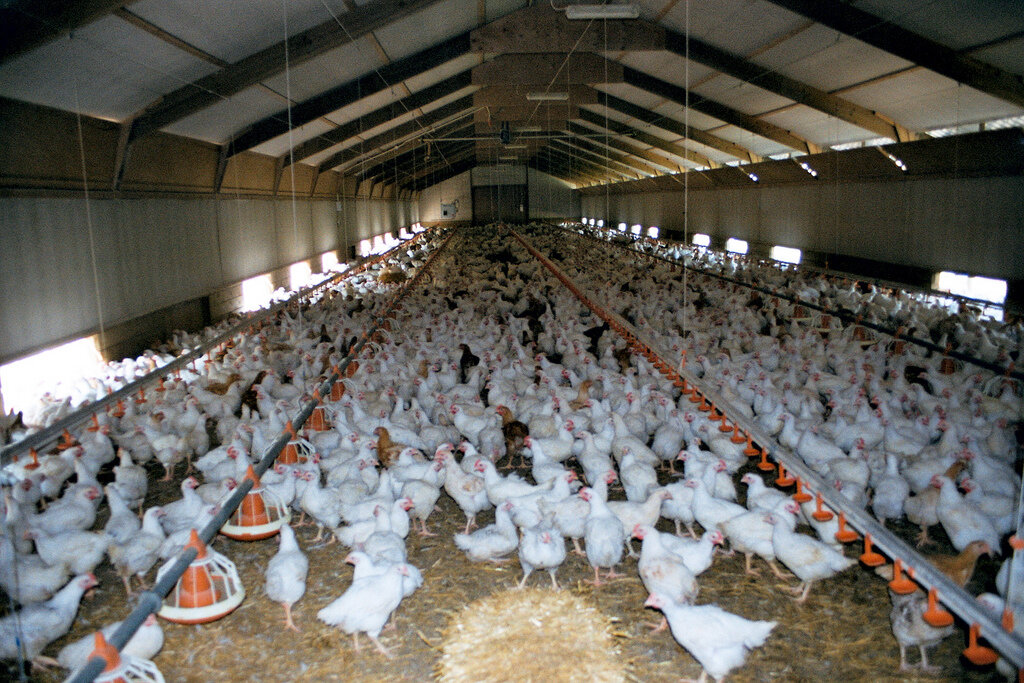So over the past year our farm has changed tremendously.
January 2020 we started the year off with a barn, a temporary house 4 X ‘50’ houses, 7 breeding runs, a poly-tunnel and an incubator that could fit 60 eggs in. My how we’ve grown! Our smallholding in Lymm now consists of a barn, a temporary house, 2 laying houses, each housing 150 birds in, we’ve got 6 of our ‘50’ houses, 2 of our ‘100’ houses, 7 breeding runs, 2 brooding sheds, a holding shed, a poly-tunnel, 2 new incubators pushing our capacity up to 1300 eggs at a time, a wildflower meadow, 10 beehives, a shepherds hut and a dog!
This past year has been the weirdest one for all of us. Never in my life did I think i’d see a pandemic, let alone run a business during one. Luckily for us, our business was one of few that actually thrived during the pandemic. People stockpiling all sorts of stuff meant that shops were looking sparse, pushing people to change the way they shopped, sourcing more stuff locally, learning about food miles and what this means to our planet and all in all becoming a little bit more self sufficient.
At one point last summer we had waiting lists of weeks for both our eating eggs and our hens. People were spending more time at home, in their garden; revamping chicken houses or just building a run from scratch. It was honestly, madness - in THE best possible way! The selling of our eggs and our birds continued right through the summer into the beginning of Autumn. At this point, we opened ‘The Shepherd’s Hut’.
We opened the hut for the first time on the 26th November 2020. In the weeks running up to our opening, we had so many people speculating what it was, and what it was going to be used for. Once we opened our doors, it gave so many more local people the opportunity to learn about us and what we do on our farm. We took this opportunity to educate people on the poultry industry and the advantages of buying local, naturally farmed eggs and produce. We started putting some of our own baked treats and and they were flying off the shelves. It was almost impossible to keep it full!
We genuinely couldn’t believe the reaction that we got from local residents and people from further afield. Hearing such positive feedback only spurred us on more. We sourced local produce like our Apple juice and even started to make jams using local produce too.
After a few months, we deiced the only logical next step was to put a coffee machine in the hut, who doesn’t love a coffee or a cuppa with a slice of brownie? You’d be mad if you didn’t!
I honestly can’t believe how much our business has changed in the past 12 months, the support that we’re getting of local Lymm residents and the time it takes to feed chickens! We’re super excited to see where we’ll be this time next year.












